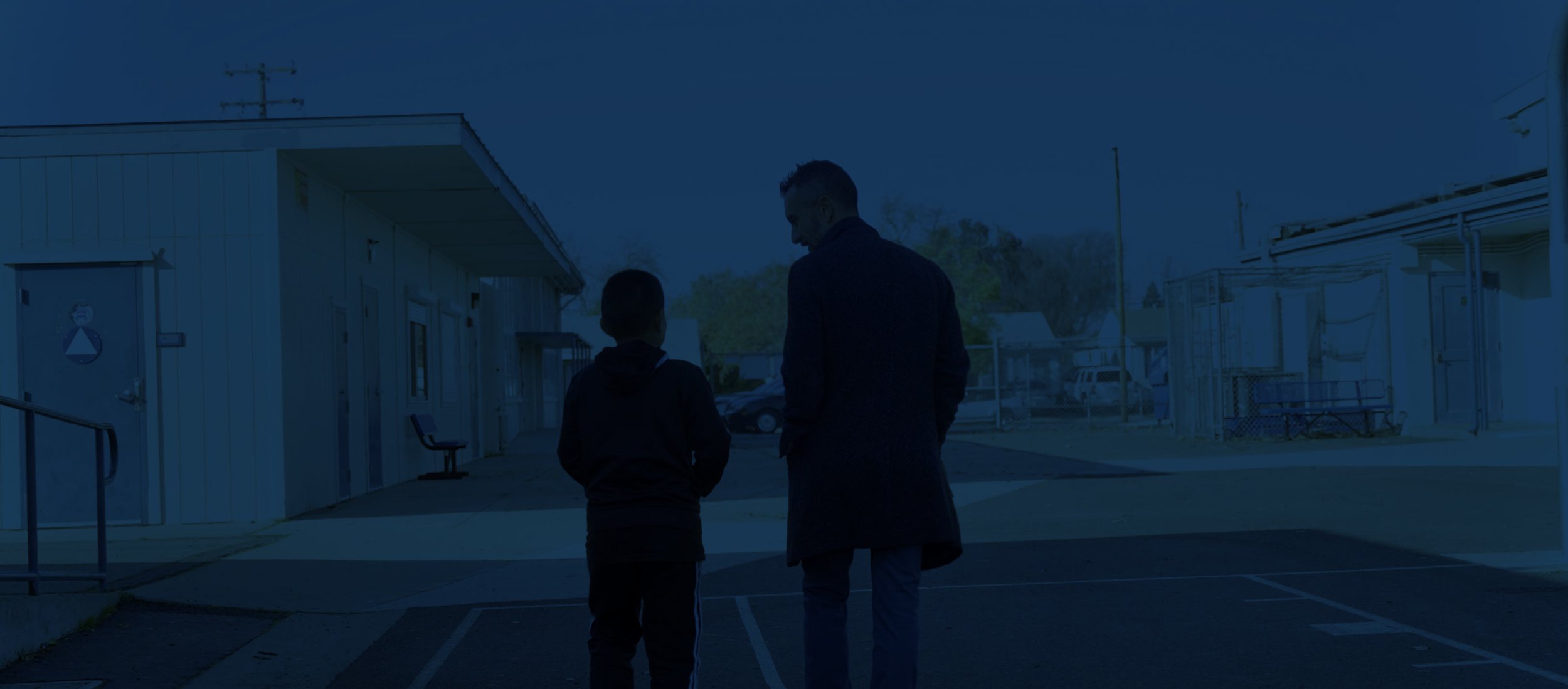
Principal Role
Information Phase
Training Resource Home > Principal > Information Phase
Phase Overview
In this phase, principals will learn about promoting equitable access to quality mental health services, ensuring every student receives support. They will explore how to establish schools as centers of wellness and integrate mental health resources within the educational framework. By collaborating with school-based mental health and wellness partners, principals will gain insights into creating a supportive environment that fosters emotional well-being and addresses the unique needs of the school community.
Phase Goals/Objections
Recognize the impact of equitable access to quality mental health services on student well-being.
Learn strategies to transform schools into centers that prioritize mental health.
Explore methods for effectively integrating mental health resources within the educational framework.
Develop skills to collaborate with educational professionals in implementing mental health initiatives.
Identify approaches to create a supportive culture that enhances emotional well-being for all students.

Every Student Deserves Access To Quality Mental Health Services
In Sacramento, we believe that every student deserves to have mental health supports in the classroom anytime they need it. We are transforming schools into Centers of Wellness by placing mental health teams in every school across the county. This is transformational work, and we need your help. Whether you are a student, parent, school administrator, job seeker, or policy maker, we invite you to join our movement.
-
• The Sacramento County Office of Education is bringing together health and education systems to reimagine schools as Centers of Wellness
• Mental health support will be integrated through a collaborative, whole-team approach
• This initiative is about fostering a cultural transformation, not merely increasing the number of clinicians
We Are Reframing Mental Health
By bringing a full team of mental health professionals into each school, we are creating a new culture around mental health. No longer do students need to be in crisis to receive the mental health support they need. This approach acknowledges that everyone can benefit from mental health support and emphasizes the importance of accessing these services before a crisis occurs.
It’s All About Relationships
The presence of at least one caring adult in the life of a young person can be the difference in how a young person successfully navigates significant adversity (National Scientific Council on the Developing Child, 2015).
It is essential to build a trusting relationship and a secure environment within which students feel free to express themselves, explore their thought processes, identify goals, as well as barriers to achieving those goals.
Empathy
The first critical component to building trust is the ability to convey empathy. Empathy, as defined by Heinz Kohut is “a fundamental mode of human relatedness, the recognition of the self in the other; it is the accepting, confirming and understanding human echo” (Kohut, 1978; p. 704-705). Human echo; in other words, the ability to adequately and accurately identify, and reflect back to the other, that which the other is feeling. In a clinical relationship, empathy allows the client to feel seen and heard, as well as validated. Further, empathy is the first step towards forming a trusting relationship, or the therapeutic alliance.
Unconditional Positive Regard
Unconditional positive regard, or respect for the “dignity and worth of the person” as indicated in the Social Work Code of Ethics, is central to the practice of a helping profession (2008). The means by which teachers convey this unconditional positive regard is through empathic communication. However, there must be sufficient self-awareness on the part of the teacher to determine how effectively he or she is communicating positive regard and empathy. The teacher must be able to see what is going on with the students, but also what role he or she is playing in what is happening to the students.
Continuity
Within the context of the therapeutic alliance, continuity refers to the ability of the clinician to maintain objectivity and consistency. The clinician must have some ability to be objective while also empathically communicating to the client. This is what provides the final component of the helping relationship, continuity. The clinician must be objective to be able to notice patterns, as well as accurately and adequately reflect what students are experiencing; all while maintaining consistency. This all adds up to an ability to foster continuity.
Collective Impact Model
Collective impact is a network of community members, organizations, and institutions who advance equity by learning together, aligning, and integrating their actions to achieve population and systems-level change. This definition identifies equity as the North Star for why and how collective impact work takes place, specifically names community members as key actors along with other stakeholders, and emphasizes the importance of systems change in this work. All 5 segments (leaves) together contribute to creating School-Based Mental Health and Wellness.
Multi-Tiered System of Support (MTSS)
California's Multi-Tiered System of Support (MTSS) is a comprehensive framework that aligns academic, behavioral, social and emotional learning, and mental health supports in a fully integrated system of support for the benefit of all students. MTSS offers the potential to create needed systemic change through intentional design and redesign of services and supports to quickly identify and match to the needs of all students.
The MTSS Framework includes domains and features. The needs of the WHOLE child are met when all domains and features are effectively implemented.
A Whole Child Approach
Equitable Access to Sustainable Care
All children deserve sustainable school-based mental health and wellness services irrespective of any background. Too often, funding for these services is dependent on grants or one-time dollars. Our model is bridging healthcare and education to utilize reimbursable Medi-Cal dollars for ongoing sustainable mental health services. We are extending the County's Federally Qualified Health Center status to the school sites, creating satellite centers of the Federally Qualified Health Center. tI is estimated that with the current program model, the program will generate sufficient revenue to support costs.












